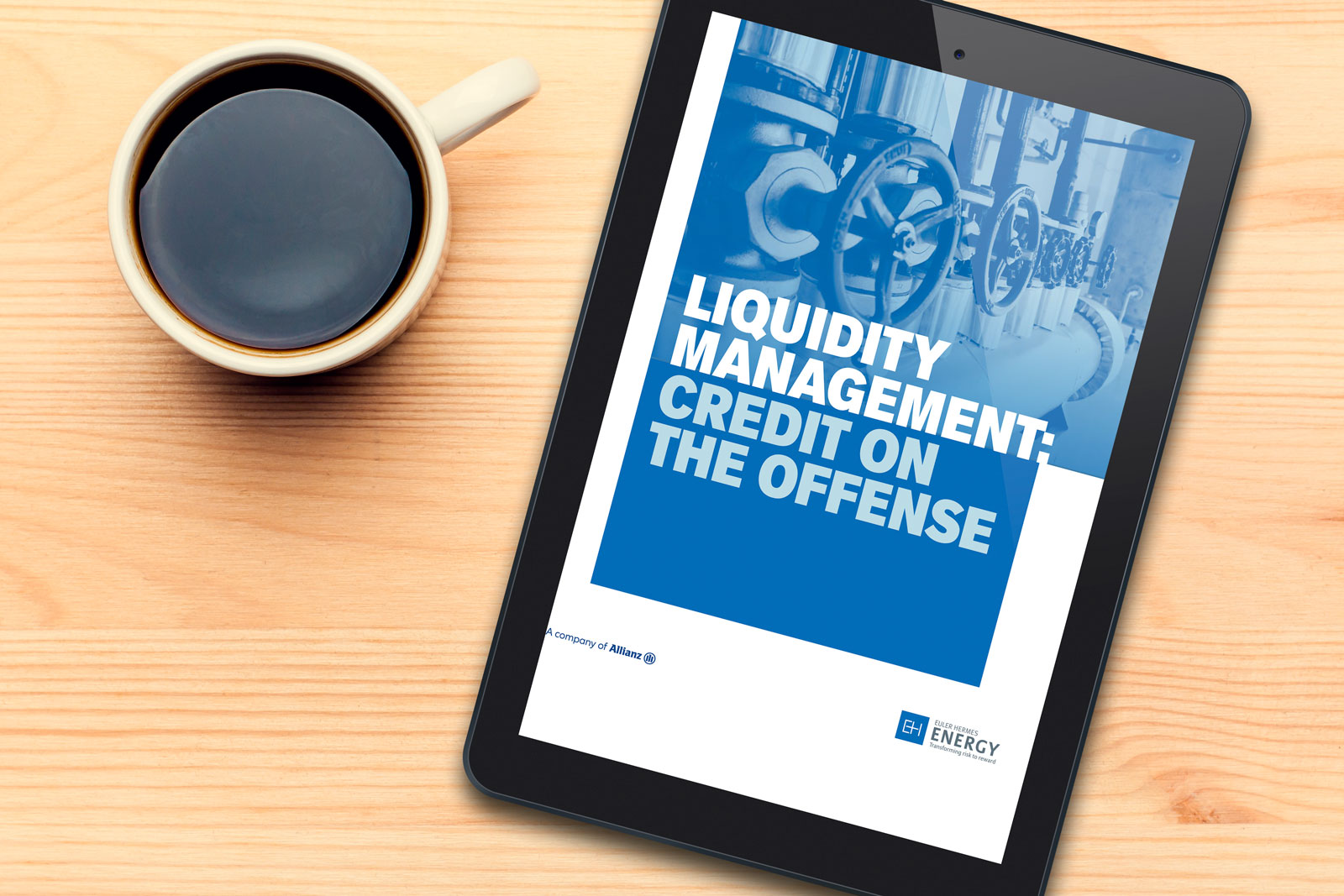What are on-demand payment bonds?
Euler Hermes offers On-Demand Payment (ODP) bonds that provide collateral for assurance in the Energy industry to help accelerate growth and increase liquidity. On-Demand Payment bonds are accepted assurance methods that offer several key advantages.
- 100% risk cover
- Maximizes working capital by reducing the capital constrained by posting requirements
- Bond is unsecured and ‘callable’ at any time during the coverage period
- Bond pays out within the same time frame as other instruments
- Priced competitively
- Premium paid by Principal
- Expanded collateral optionality









